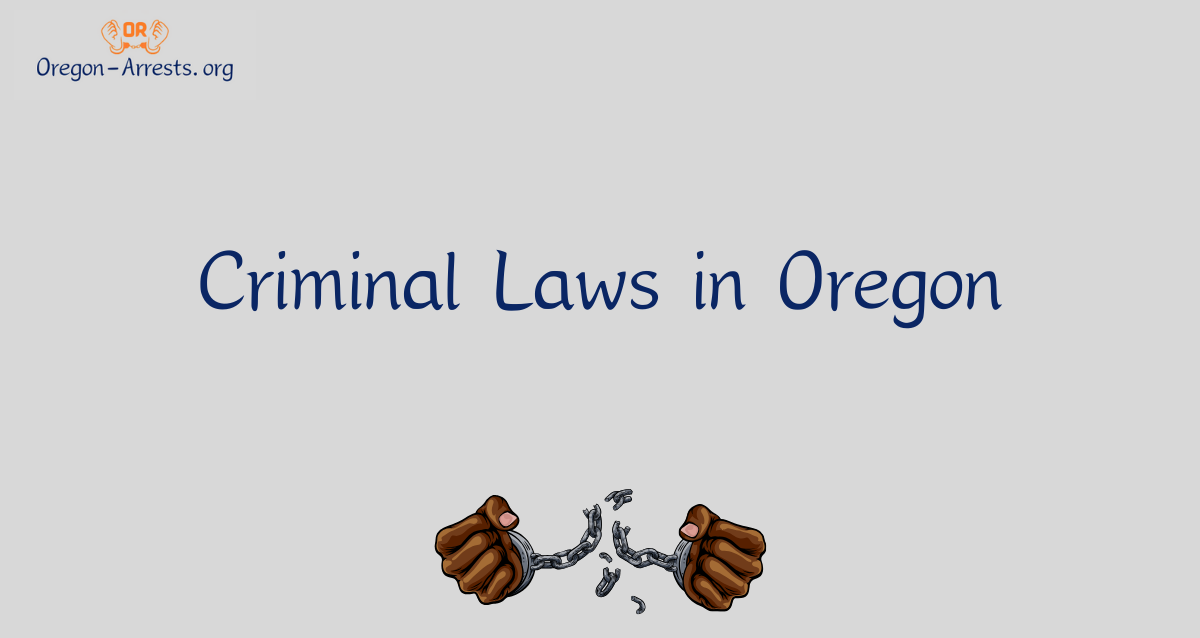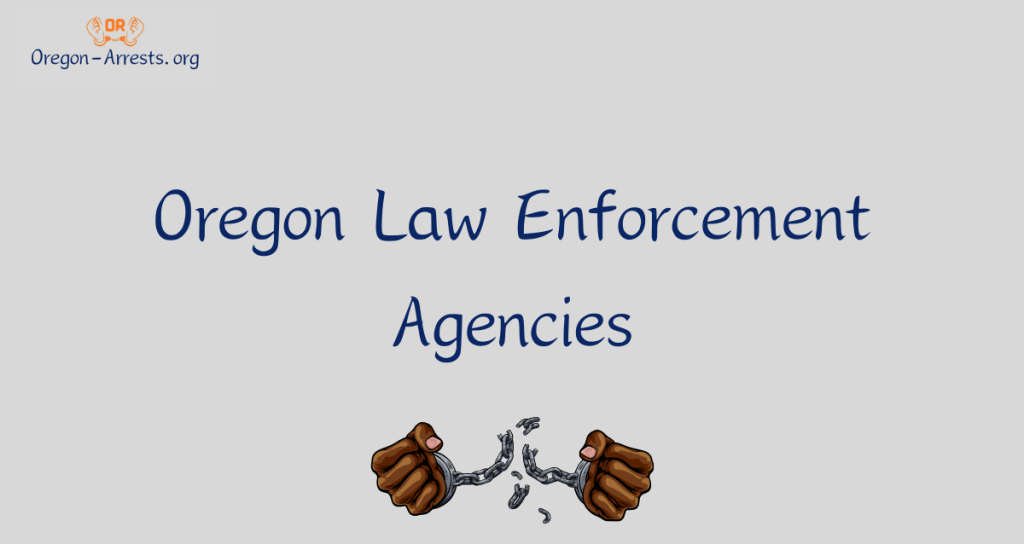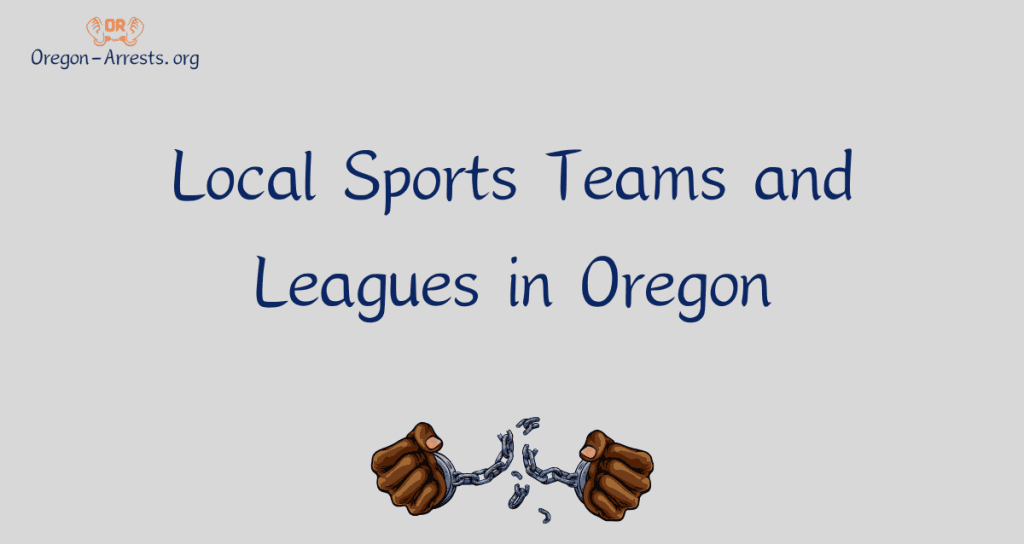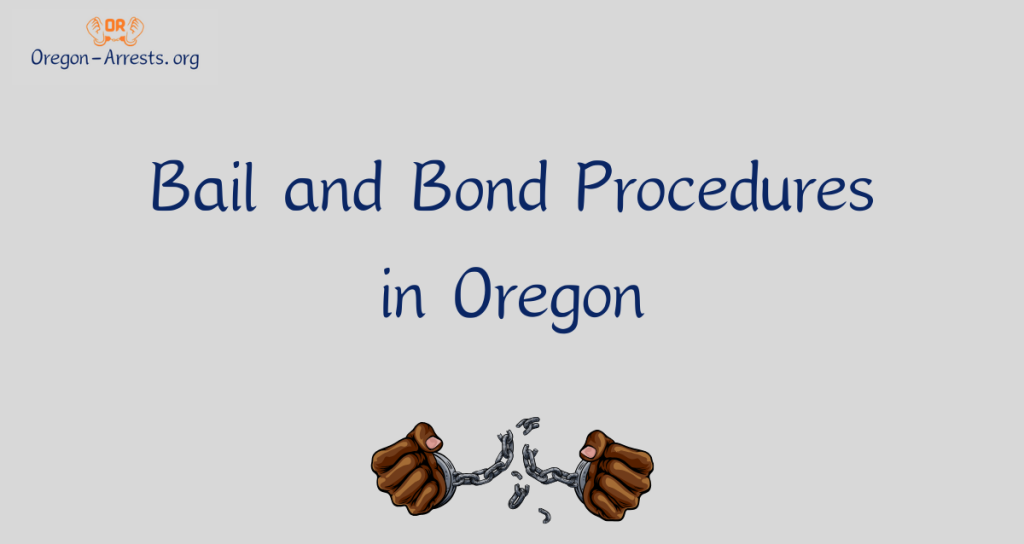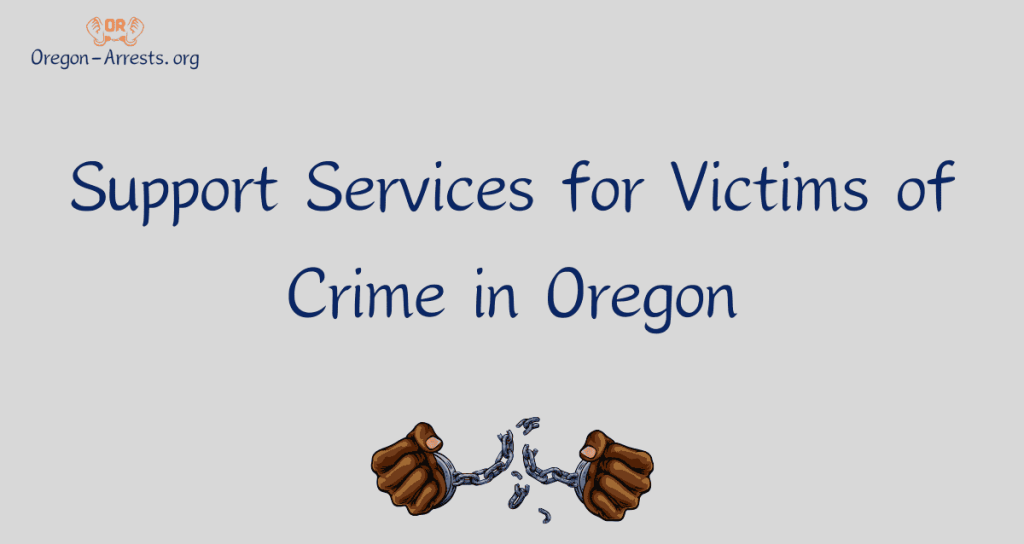Criminal Laws in Oregon
This section will provide a brief explanation of what criminal laws are and their purpose in society. It will emphasize the importance of these laws in maintaining order and protecting the rights of individuals in Oregon State.
Overview of Criminal Laws in Oregon
Explanation of the Oregon Revised Statutes: This section will provide an overview of the Oregon Revised Statutes, which is the primary source of criminal laws in the state. It will explain how these statutes are organized and implemented.
Types of criminal offenses in Oregon: This section will discuss the different types of criminal offenses that exist in Oregon. It will cover a wide range of offenses, including violent crimes, property crimes, drug offenses, and more.
Classification of Crimes in Oregon
Felonies vs. misdemeanors: This section will explain the distinction between felonies and misdemeanors in Oregon. It will discuss the criteria used to classify offenses into these categories and the potential consequences associated with each.
Different degrees of crimes in Oregon: This section will explore the different degrees of crimes in Oregon, such as first-degree, second-degree, and third-degree offenses. It will explain how the severity of the crime impacts the potential penalties.
Elements of a Crime in Oregon
Actus reus (guilty act): This section will explain the concept of actus reus, which refers to the physical act or conduct that constitutes a crime. It will provide examples and discuss the importance of proving the defendant’s actions.
Mens rea (guilty mind): This section will discuss mens rea, which refers to the mental state or intent of the defendant at the time of the crime. It will explain the different levels of intent, such as purposeful, knowing, reckless, and negligent.
Causation and concurrence: This section will explore the concepts of causation and concurrence in criminal law. It will explain how these elements are necessary to establish a causal link between the defendant’s actions and the resulting harm.
Criminal Procedure in Oregon
Arrest and booking process: This section will outline the process of arrest and booking in Oregon. It will explain the rights and procedures that law enforcement must follow when apprehending a suspect.
Rights of the accused: This section will discuss the rights afforded to individuals accused of a crime in Oregon. It will cover rights such as the right to remain silent, the right to an attorney, and the right to a fair trial.
Trial and sentencing process: This section will provide an overview of the trial and sentencing process in Oregon. It will explain the steps involved, including jury selection, presentation of evidence, and the determination of guilt or innocence.
Specific Criminal Laws in Oregon
Homicide and assault laws: This section will focus on the specific criminal laws related to homicide and assault in Oregon. It will explain the different degrees of murder, manslaughter, and assault, as well as the potential penalties for these offenses.
Theft and property crimes: This section will discuss the criminal laws related to theft and property crimes in Oregon. It will cover offenses such as robbery, burglary, and theft, and explain the potential consequences of these crimes.
Drug offenses: This section will explore the criminal laws related to drug offenses in Oregon. It will discuss the different drug schedules, the penalties for possession and distribution, and any specific laws or programs related to drug treatment or rehabilitation.
Penalties and Sentencing in Oregon
Determining factors for sentencing: This section will explain the factors that judges consider when determining the appropriate sentence for a convicted offender in Oregon. It will discuss aggravating and mitigating factors and the role of sentencing guidelines.
Types of penalties in Oregon: This section will outline the different types of penalties that can be imposed for criminal offenses in Oregon. It will discuss incarceration, fines, probation, and any alternative sentencing options that may be available.
FAQ’s
What is the difference between a felony and a misdemeanor in Oregon’s criminal laws?
In Oregon, a felony is a more serious offense compared to a misdemeanor. Felonies generally involve crimes such as murder, rape, or robbery, and carry longer prison sentences and more severe penalties. Misdemeanors, on the other hand, are less serious offenses like petty theft or simple assault, and usually result in shorter jail sentences or fines.
How does Oregon define and punish crimes of theft?
Oregon defines theft as unlawfully taking someone else’s property with the intent to deprive them of it. The severity of the theft charge depends on the value of the stolen property. For example, theft of property valued at less than $100 is considered a Class C misdemeanor, while theft of property valued at $1,000 or more can be charged as a Class C felony.
What are the penalties for driving under the influence (DUI) in Oregon?
In Oregon, DUI penalties vary based on factors such as blood alcohol content (BAC) level and previous offenses. For a first-time DUI conviction, penalties may include license suspension, fines, mandatory alcohol education programs, and possible jail time. Repeat offenses or DUIs involving injury or death can lead to more severe consequences, including longer license suspensions, higher fines, and lengthier jail sentences.
Can an individual’s criminal record be expunged in Oregon?
Yes, under certain circumstances, an individual’s criminal record can be expunged in Oregon. Expungement allows for the sealing of criminal records, providing individuals with a fresh start by making their past crimes inaccessible to the public. However, not all crimes are eligible for expungement, and specific criteria must be met, such as completing the sentence and waiting for a specific length of time.
What are the penalties for drug possession in Oregon?
The penalties for drug possession in Oregon vary depending on the type and quantity of the drug. Possession of small amounts of drugs classified as Schedule I-IV controlled substances is typically charged as a misdemeanor, punishable by fines and potential jail time. However, Oregon has also adopted a more lenient approach towards drug offenses, such as offering diversion programs and treatment options instead of incarceration for certain individuals.
Conclusion
Importance of understanding criminal laws in Oregon: This section will emphasize the importance of understanding the criminal laws in Oregon for both individuals and society as a whole. It will highlight the role of these laws in maintaining justice and order.
Call to action for seeking legal advice if needed: This section will encourage readers to seek legal advice if they are facing criminal charges or have questions about the criminal laws in Oregon. It will provide resources and contact information for legal assistance.

